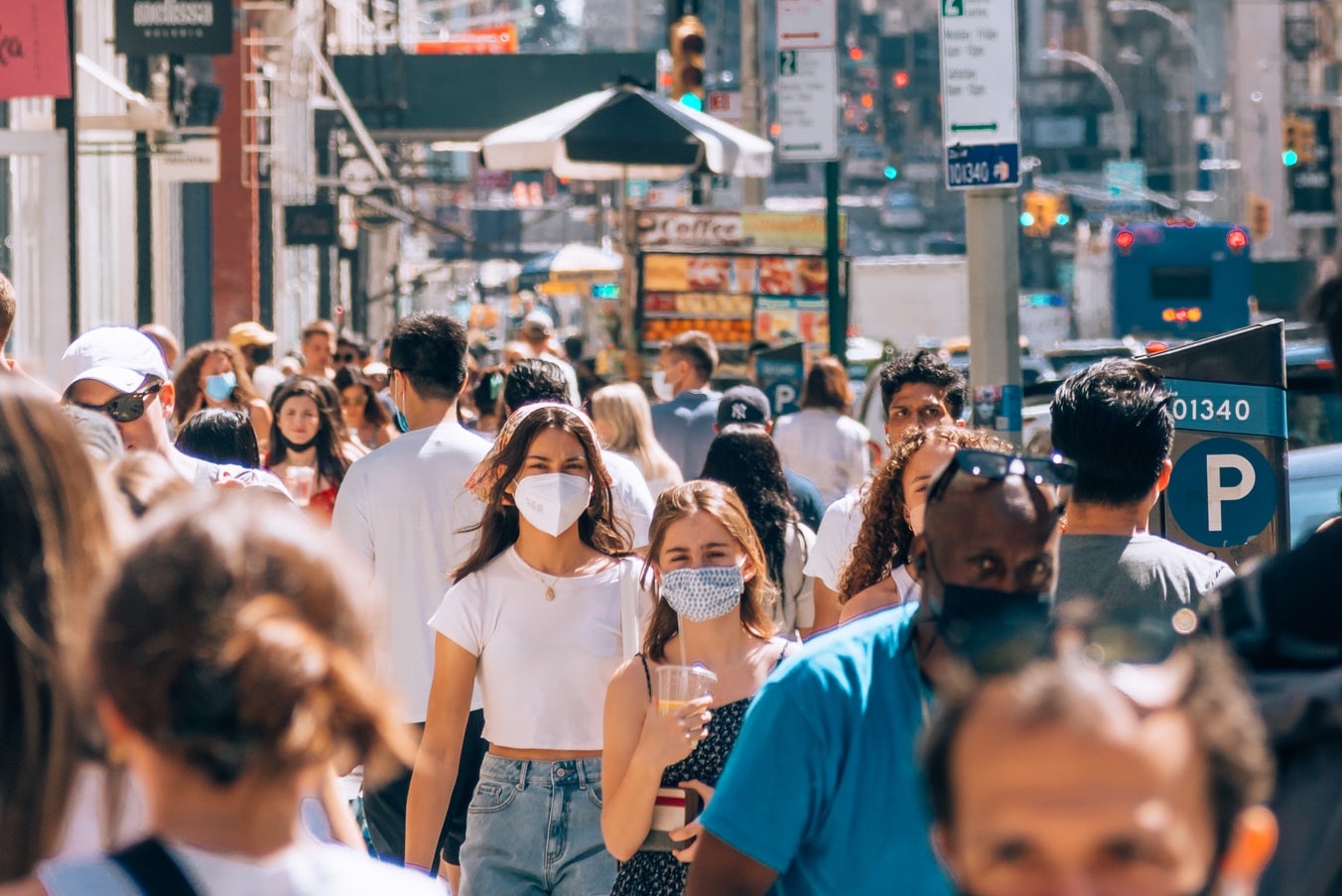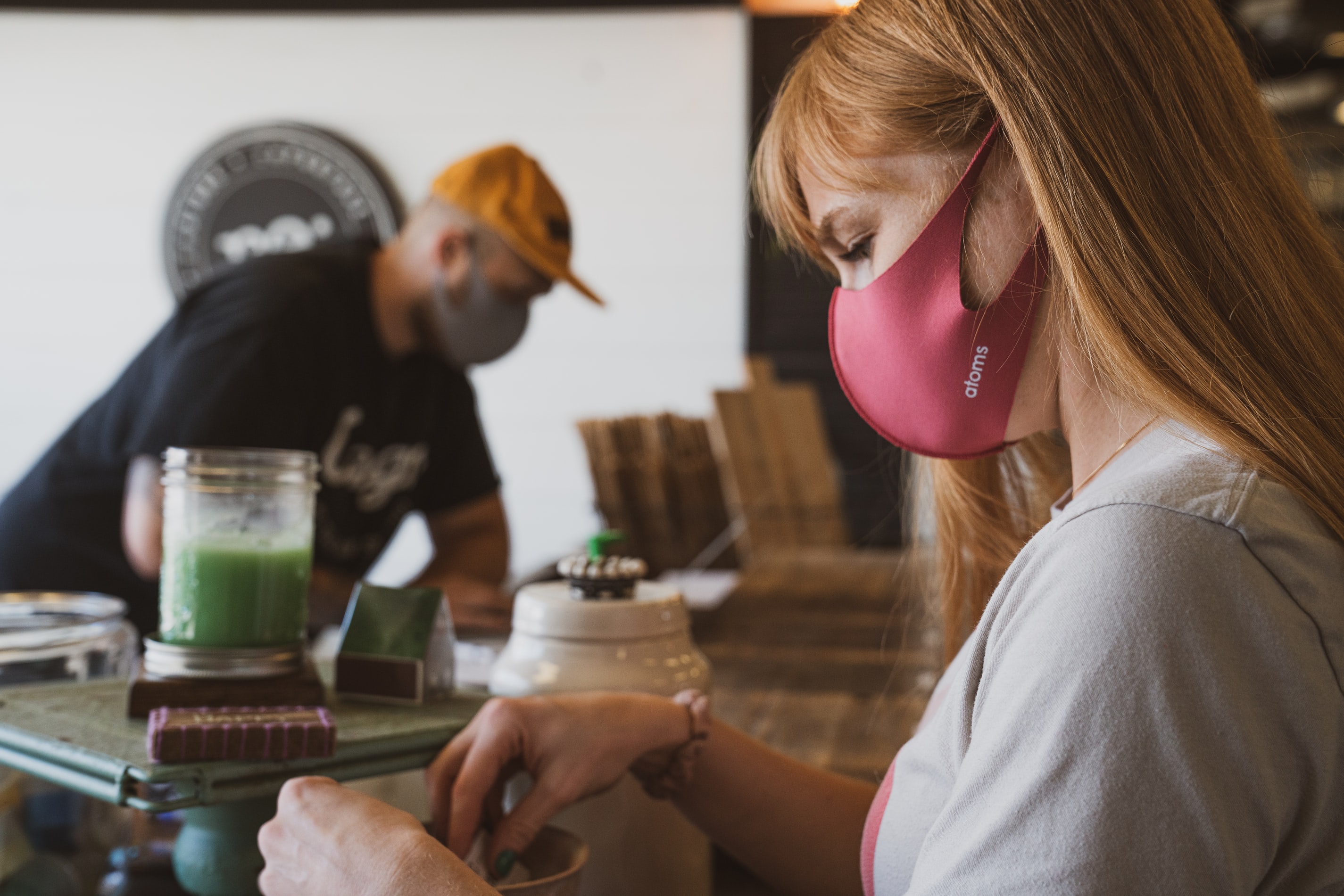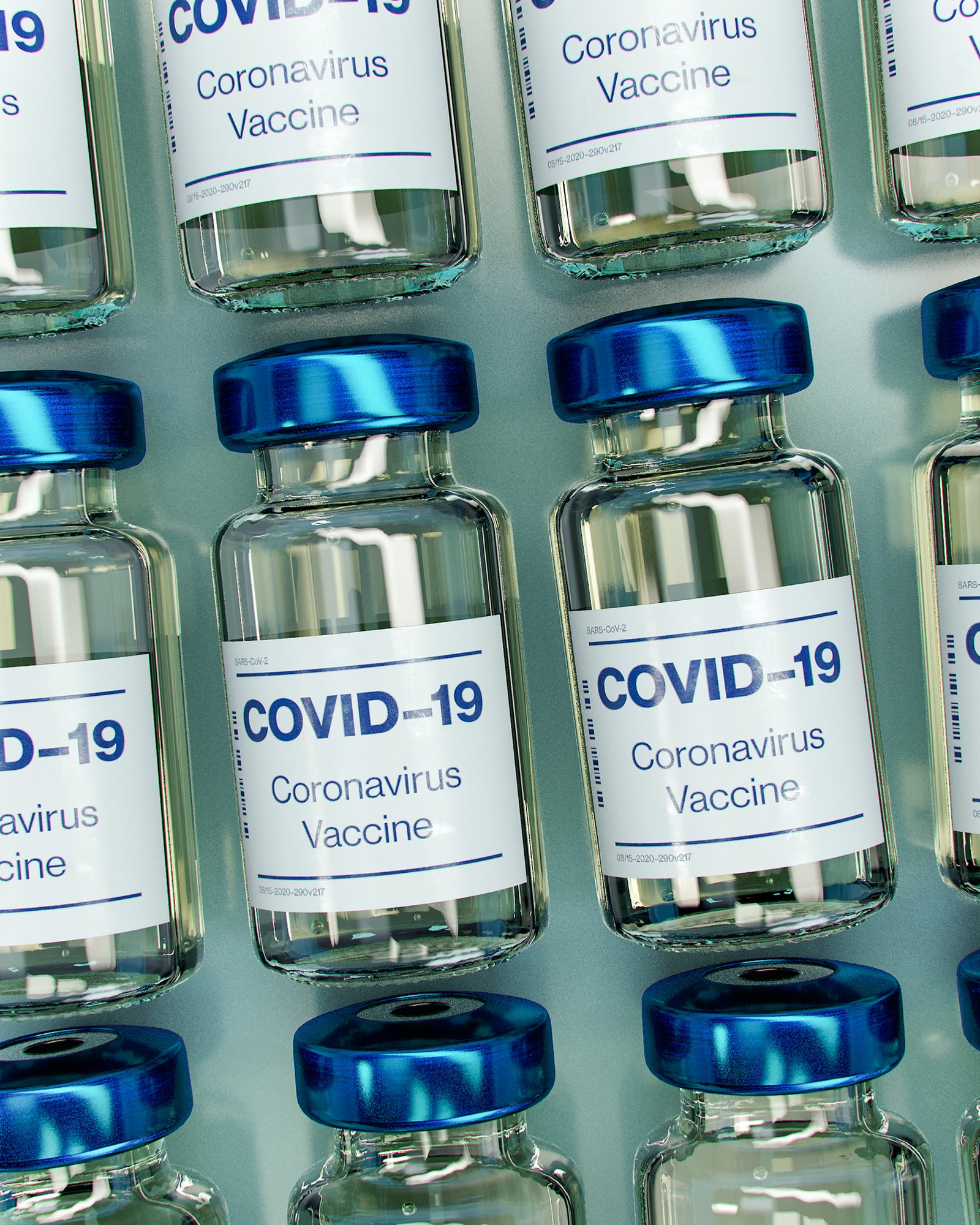Objective:
The COVID-19 pandemic has occurred close on the heels of a global resurgence of measles. In 2019, an unprecedented epidemic of measles affected Samoa, requiring a state of emergency to be declared. Measles is known to cause immune amnesia, which can persist for over 2 years after acute infection and increases the risk of a range of other infections. The objective of this modelling study was to estimate COVID-19 impact in Samoa, taking into consideration the increased risk of infections resulting from temporary immune amnesia from Measles.
Findings:
The young population structure and contact matrix in Samoa results in the most transmission occurring in young people < 20 years old. The highest rate of death occurs among the 60+ years old, but a smaller peak in death may occur in younger people, with more than 15% of total deaths in the age group under 20 years old. Measles induced immune amnesia could increase the total number of cases by 8% and deaths by more than 2%.
Samoa should focus on rapidly achieving high rates of measles vaccination and enhanced surveillance for COVID-19, as the impact may be more severe due to measles-induced immune paresis. This applies to other severely measles-affected countries in the Pacific, Europe and elsewhere.
View paper

